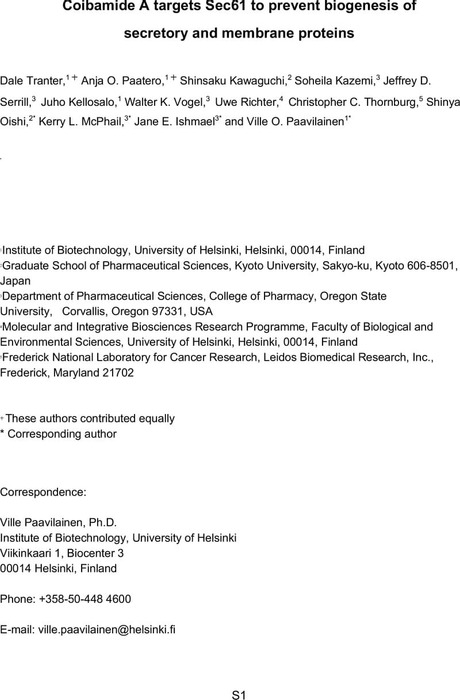

3 Additionally, nucleic acids do not suffer from anti-vector immunity like viral vectored vaccines do. The antigen would be expressed in situ, allowing for transmembrane domains to be present, if needed, and multimeric complexes to be formed. Unlike manufacturing for other vaccines, these methods would not include propagation of viruses or purification of a recombinant protein. They can be rapidly produced with reduced development time and costs by using a common manufacturing platform and purification methods regardless of the antigen.

1 Nucleic-acid (DNA and mRNA)-based vaccines offer several advantages over other technologies. 1, 2 Today, a variety of technologies exist for vaccine development, including live and attenuated viruses, recombinant proteins, synthetic peptides, glycoconjugates, and nucleic acids. Since the first active immunization, vaccines have provided increased life expectancy and improved public health, saving countless lives. More importantly for vaccines, increased innate immune stimulation driven by LNPs does not equate to increased immunogenicity, illustrating that mRNA vaccine tolerability can be improved without affecting potency.

A lead formulation was identified that yielded a robust immune response with improved tolerability. A subset of compounds was selected and further evaluated for tolerability, immunogenicity, and expression in rodents and non-human primates (NHPs). Here, we screened a panel of proprietary biodegradable ionizable lipids for both expression and immunogenicity in a rodent model when administered IM. Despite progress made over the past several years, there remains significant opportunity for improvement, as the most advanced LNPs were designed for intravenous (IV) delivery of siRNA to the liver. Pre-clinical and clinical studies have demonstrated that mRNA delivered intramuscularly (IM) with first-generation lipid nanoparticles (LNPs) generates robust immune responses. A potent and well-tolerated delivery technology is integral to fully realizing the potential of mRNA vaccines. MRNA vaccines have the potential to tackle many unmet medical needs that are unable to be addressed with conventional vaccine technologies.


 0 kommentar(er)
0 kommentar(er)
